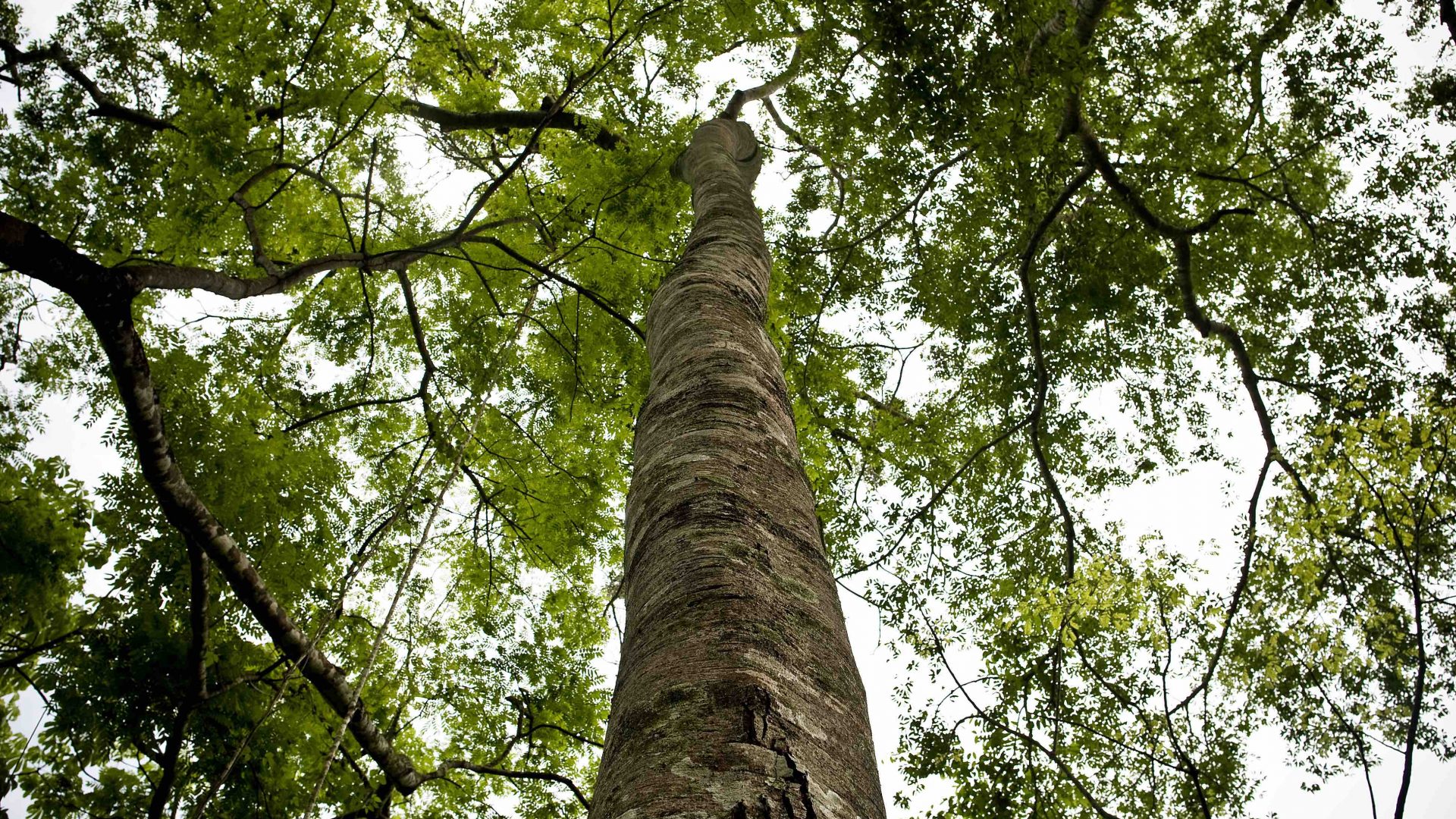Despite a lack of federal coordination for a nationwide environmental strategy, there are multiple actors in Brazil’s public and private sectors pushing for a more hands-on agenda in 2022 and beyond. Voter behavior in this year’s general elections will largely be dictated by the economy, despite a lack of consistent nationwide projects under discussion — however, green-oriented proposals are gaining momentum in Brazilian politics.
Among the boldest of these initiatives is the so-called Brazilian Green New Deal, or GND-BR, authored by center-left Congressman Alessandro Molon in partnership with a group of economists from the Federal University of Rio de Janeiro, as well as other think tanks and researchers. The project seeks to lay a green path toward Brazilian growth, but its reliance on public spending means it should be met with skepticism by markets, spooked by the country’s iffy fiscal outlook. However, the authors claim their proposals in the areas of infrastructure, forestry and land use, city planning, and regulatory changes respect the principle of fiscal responsibility.
Mr. Molon, the project’s lead author, is the opposition whip in the lower house of Congress. However, while the Green New Deal makes the case for state intervention in the economy, it is not necessarily diametrically opposed to the Bolsonaro administration’s own economic platforms. Indeed, Mr. Molon is seen in Congress as a moderate left-wing voice, capable of building bridges across the aisle. As...


 Search
Search






































